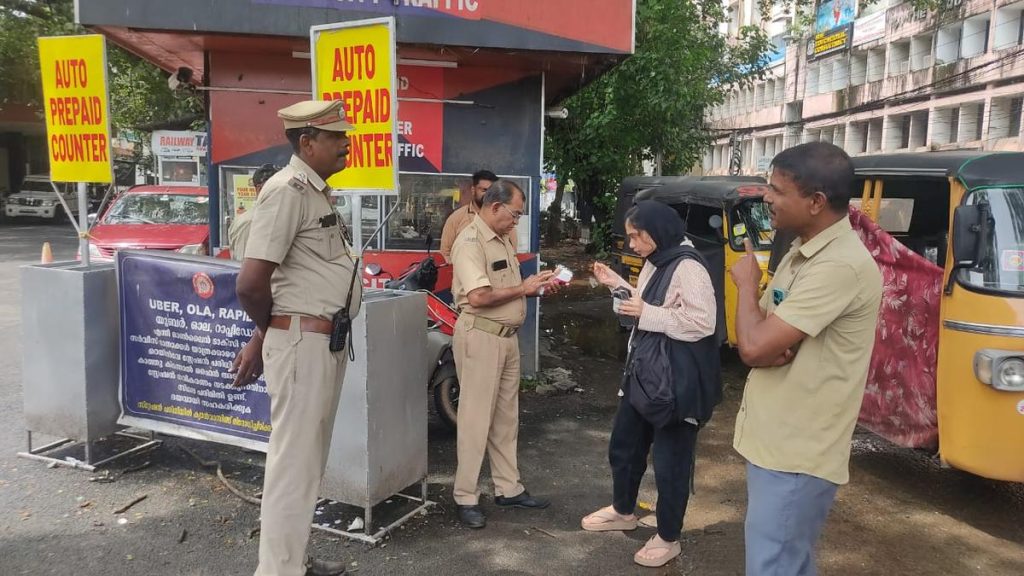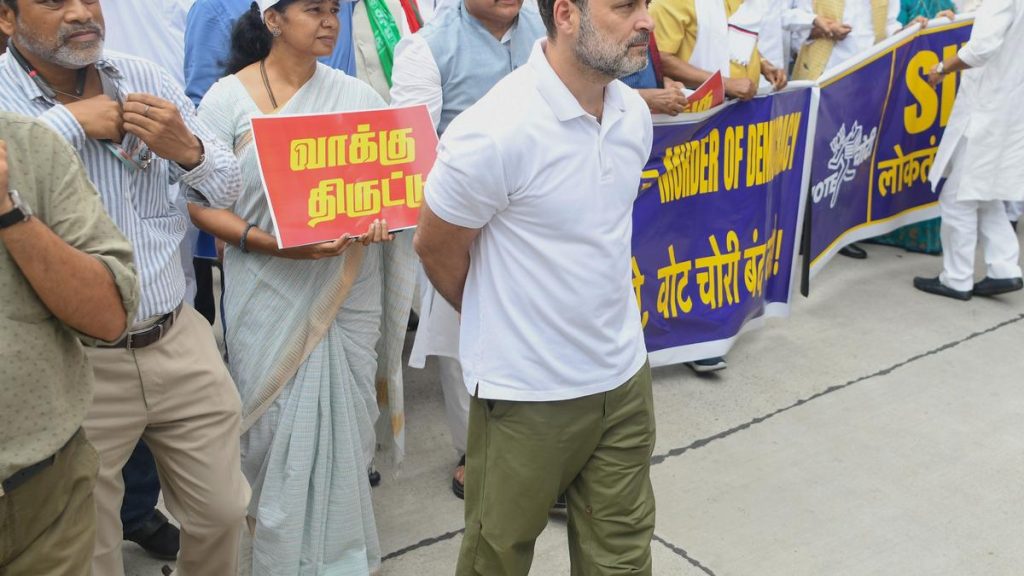Now Reading: Five-Year Journey: The Life of the Paddy Man
-
01
Five-Year Journey: The Life of the Paddy Man
Five-Year Journey: The Life of the Paddy Man
Quick Summary:
- M.K. Ramadas,a filmmaker from Wayanad,documented the life of tribal farmer and Padma Shri recipient Cheruvayal Raman in his 42-minute documentary titled Nekal – Chronicle of the Paddy Man.
- The documentary earned a special mention in the non-feature category at the 71st National Film Awards for 2023.
- Filming began in 2018, preceding Mr. Raman’s receipt of the nation’s fourth-highest civilian award in 2023.
- The film highlights Mr. Raman’s commitment to preserving agricultural diversity: maintaining indigenous rice varieties (55 currently, down from 60) on his three-acre plot alongside various trees, herbs, and spices.
- M.K. Ramadas was inspired by his own agricultural heritage growing up in Wayanad and his childhood experiences acquiring seeds from the Kuruma community.
- Over five years, Mr. Ramadas captured mr. Raman’s agricultural practices without intruding into his life while emphasizing nature-driven farming methods and philosophies.
- Both filmmaker and farmer view seeds as communal gifts of nature passed through generations rather than private property.
indian Opinion Analysis:
The story of Cheruvayal Raman as chronicled by M.K. Ramadas underscores critical themes relevant to India’s socio-cultural landscape-agrarian heritage preservation amid modernization. The documentary not only sheds light on Mr. Raman’s groundbreaking work conserving indigenous rice varieties but also underlines broader issues such as lasting farming practices and ecological stewardship.
At a time when large-scale industrialization increasingly threatens traditional methods of agriculture, this film provides an essential commentary on how grassroots efforts can help combat biodiversity loss within Indian farmlands-a cause with direct implications for food security across rural communities nationwide.
Furthermore,recognition at prestigious forums like the National Film Awards amplifies voices from underrepresented groups such as tribal farmers while catalyzing dialog around conserving India’s rich natural resources sustainably for future generations.
Read more: [Link not provided]
























